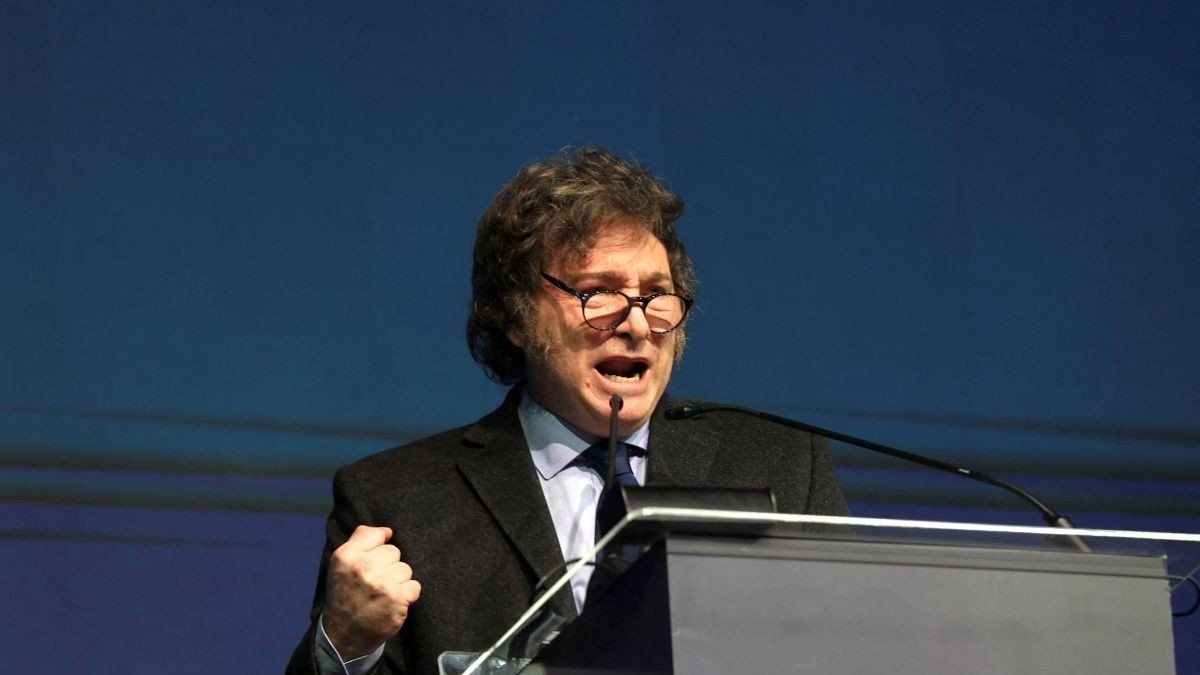Milei seeks to spread Israel sympathies across LatAm
Milei seeks to spread Israel sympathies across LatAmAs several nations become increasingly critical of Israel’s tactics in Gaza in recent weeks, one is going in the other direction: Argentina wants to enhance Latin American ties with the Jewish state, via a $1-million initiative called the Isaac Accords. The program will hand research grants to pro-Israel projects conducted in Latin America. Argentine President Javier Milei aims to further expand his goodwill toward Israel next year by expanding the Isaac Accords to more regional countries.
China pressures tech giants over Nvidia AI chip orders
Beijing is demanding Chinese tech firms, including Alibaba and ByteDance, justify purchases of Nvidia’s H20 AI chips. China would prefer that the firms buy domestically. The move follows a deal allowing Nvidia to resume H20 sales in China by paying 15% of revenues to the US government. Now the Chinese scrutiny is prompting some companies to scale back orders, potentially cutting Nvidia’s China market share to 55% this year from 66% in 2024, amid ongoing US-China tech tensions.
Russia doubles down on Ukraine ahead of Alaska summit
In what seems to be an attempt to maximise its territorial gains ahead of Russian President
Vladimir Putin’s upcoming summit with US President
Donald Trump in Alaska, the Kremlin
launched a fresh push in eastern Ukraine this week. The advance comes as Trump
renewed his calls for both Moscow and Kyiv to cede territory for a potential peace deal. But while Putin may be showing resolve on the battlefront, he appears to face economic troubles at home: Russia has reportedly
enlisted tens of thousands of North Koreans to fill labor shortages as its traditional workforce is increasingly pulled to the frontline.
